What is atopic dermatitis? How to take care of atopic skin?
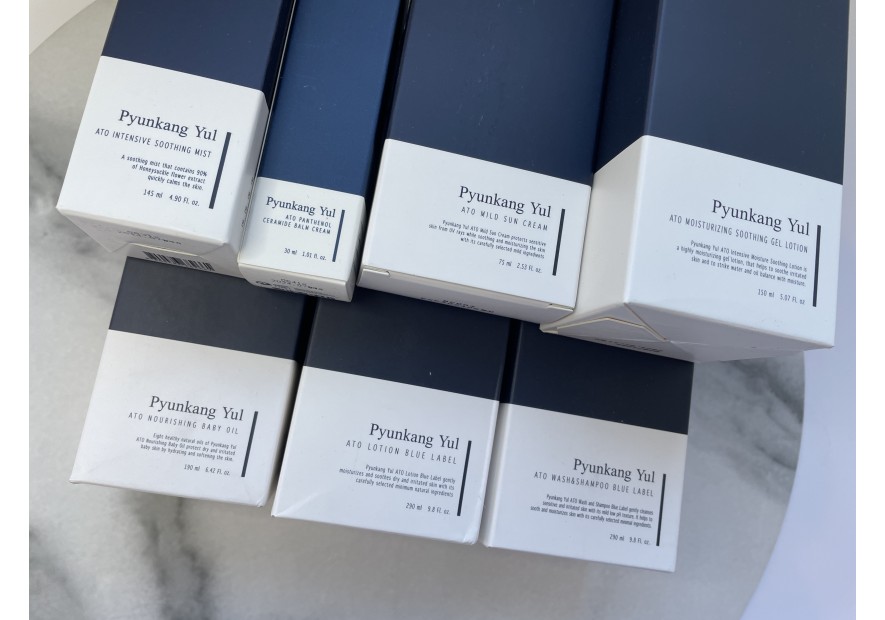
The term "atopic dermatitis" is probably well known to many of us. In developed countries, the number of diagnosed cases of atopic dermatitis has been steadily increasing for several decades.
Atopic dermatitis is an inflammatory skin disease currently affecting a large group of people, including children and adults. It is a genetic non-contagious disease accompanied by eczematous lesions. It is most often manifested by dry skin and intense itching, which constantly bothers us.
The main problem of this disease is its chronic and recurrent course. There is no effective antidote to atopic dermatitis. However, there are treatments and skin care methods that can help us alleviate the symptoms of atopic dermatitis and thus improve our quality of life.
The basis of atopic skin care are the right cosmetics and gentle care, they will help us relieve symptoms such as dry skin, itching or redness.
Characteristics and symptoms of atopic skin and atopic dermatitis
The main characteristic of atopic skin is excessive dryness. Redness and itching of the skin are also among the main symptoms. Red patches often appear on the dry area of the skin, causing unpleasant itching.
Atopic skin is also accompanied by lichenization, i.e., thickening of the epidermis caused by chronic scratching and inflammation. Intense scratching can also lead to erosions and cuts, making the skin more susceptible to infection. The rashes are most commonly located on the elbows and knees, face and neck, but can cover the whole body. Atopic dermatitis is also often accompanied by allergic respiratory diseases, such as bronchial asthma or allergic rhinitis.
It is important for a person with atopic dermatitis to be under the care of a specialist dermatologist. When the disease is exacerbated, he has the opportunity to prescribe drugs that will alleviate the symptoms. During the remission period, it is worth seeking help from a cosmetologist, who will take care of atopic skin accordingly and with appropriate medications.
What aggravates the symptoms of atopic dermatitis?
Atopic dermatitis is a disease with a complex etiopathogenesis. Thus, the cause of the disease may be a number of factors, which may include both genetic background and immune disorders or environmental influences. Therefore, there are a number of factors that can exacerbate the symptoms of this disease in our daily lives.
Factors that can aggravate atopic dermatitis:
- Climatic conditions (e.g., temperature extremes, wind, cold, strong sunlight)
- Environmental pollution (e.g., air pollution, mostly smog)
- Food allergens (e.g., milk, eggs, wheat, and nuts)
- Inhalation allergens (e.g. pollen, house dust mite secretions, animal hair)
- Contact allergens (e.g., nickel, latex, some cosmetics, synthetic fabrics, detergents)
- Smoking cigarettes (cigarette smoke)
- alcohol consumption
- Intense physical activity (more perspiration)
- long hot baths
- excessive stress
- use of large quantities of cosmetics that dry out the skin
How to take care of atopic skin?
If our skin is atopic, we should definitely remember to moisturize and cleanse it intensively. These two elements are the foundation of atopic dermatitis treatment. Intensive moisturizing will help restore the skin's natural hydro-lipid barrier, thereby supporting skin regeneration and reducing dryness. It will also help minimize unpleasant itching and soothe skin redness.
As we mentioned earlier, atopic skin is prone to infections, so when taking care of it, we need to remember about proper cleansing as well. By doing so, we will remove not only microorganisms from its surface, but also any impurities that can aggravate the skin condition.
What are the risks of neglecting atopic skin?
Seemingly harmless and non-infectious atopic dermatitis, manifested by eczema, occasionally goes into acute phases, which has a big impact on quality of life, for example, can cause insomnia. A person with atopic dermatitis struggles not only with skin problems, but over time, the development of the disease, depending on its causes, can lead to more serious allergic problems such as rhinitis, asthma or allergic conjunctivitis.
Over time, a weakened skin barrier contributes not only to the entry of inflammatory allergens (dust mites, pollen), but also leads to bacterial or viral infections - on weakened skin can appear herpes or viral staphylococcus aureus.
Therefore, we should not ignore the first symptoms - the first symptoms of atopic skin should be a warning signal for us and encourage us to see a specialist.
What should I avoid when caring for atopic skin?
Daily care for atopic skin is key in the treatment process, so if we want to take good care of our atopic skin, we need to know what to avoid in our daily care so as not to have the opposite effect.
If you have atopic dermatitis, avoid:
- aggressive cosmetic procedures
- Long hot baths
- Rubbing the skin (especially with a towel after washing)
- mechanical and chemical peels
- Fragrances and colorings
If you suffer from allergies, protect your skin from harmful UV rays. Use sunscreens with a high sun protection factor that are ideal for atopic, sensitive or allergic skin.
Make sure you get enough vitamins C and E with food to protect against free radicals.
Reduce stress in your daily life and incorporate relaxation exercises such as yoga, meditation or autogenic training into your routine.
Reduce the length of your baths or showers and make sure the water temperature is always warm (not too hot and not too cold).
If you suffer from allergies, use only mild shampoos or shower creams.
When choosing clothes, make sure you choose fabrics that do not irritate the skin and let air in (cotton and linen clothes).
Atopic dermatitis - what are the symptoms in children?
The manifestation of atopic dermatitis in each child may be different. However, it is characteristic that the severity of symptoms is not always the same. There are phases in which the skin looks healthy, and there are moments that are largely determined by the clinical picture. The most common symptoms are:
- Itching
- Sleep deprivation due to itching at night
- inflammation
- dry skin
- redness
Atopic dermatitis in children - what to treat?
Unfortunately, there is no cure or treatment that can cure atopic dermatitis. However, many who suffer from atopic dermatitis are fortunate in that the symptoms diminish over a lifetime or even disappear completely. As long as the problem exists, the goals are to relieve symptoms and reduce flare-ups.
Because atopic dermatitis does not damage the top layer of the skin, it can lose moisture and not fight off harmful microbes or irritants. The skin absolutely needs support to get the protective barrier working again.
What ointments and creams help with atopic eczema?
One of the most important things to protect and relieve symptoms is daily care. Which creams or ointments are appropriate depends on the current condition of the skin.
In phases where the skin is almost trouble-free, you should not do without the right basic care.
For very dry skin, more intense moisturizing creams, often referred to as ointments, are appropriate. Especially in winter, delicate children's skin needs more care than protection from the cold. Even at temperatures below 8 degrees Celsius, the skin limits the production of sebum.
If parts of the skin are sharply red and inflamed, it is advisable to use lighter creams, which contain more water than fat. They have a soothing, cooling effect due to the evaporation of water, and may also contain anti-inflammatory or anti-itching additives.
What else can help my child with dermatitis?
Atopic dermatitis develops in each child individually and in stages, with symptoms such as dry skin, itching and redness. Sometimes there are good times, sometimes there are bad times.
Support your child and don't scold him or her when he or she scratches. Itchy areas are better to cool and distract your child from scratching.
The best cosmetics for atopic skin
Korean cosmetics brand Pyunkang Yul is designed specifically for atopic skin. ATO series allows you to take care of problematic and reactive skin. This series includes creams, ointments, sprays, lotions, sunscreens, shampoos and shower gels, as well as whole body oil. All the cosmetics in this series are suitable for adults as well as children and even babies.
The best cream for atopic skin
Pyunkang Yul ATO Cream
The cream is great for any skin, especially for dry skin. It contains ceramides and peptides that retain moisture within the skin barrier, strengthen the bonds between skin cells and soothe any irritation or itching. A key ingredient is honeysuckle, which helps soothe and protect the skin from external stressors, while macadamia nut oil provides essential nutrients and fatty acids and shea butter helps moisturize and revitalize the skin.
Pyunkang yul ATO Panthenol Ceramide Balm Cream
A highly nourishing balm cream containing 10,000 ppm panthenol and 1,000 ppm ceramides, it strengthens the skin's moisture barrier while deeply moisturizing the skin. The formula is enriched with 56.5% honeysuckle flower extract, which has a soothing effect.
Pyunkang Yul ATO Moisturizing Soothing Gel Lotion
A moisturizing, soothing gel lotion designed for easily irritated skin, ideal for treating skin damage and dryness. It contains honeysuckle flower extract to soothe redness and mugwort extract to prevent toxic substances from reaching your skin.
Hyaluronic acid hydrates your skin and helps it retain water, while green tea extract promotes cleansing and restores balance. Reinforced with ceramides, it strengthens the skin's barrier and increases skin vitality.
Pyunkang Yul Ato Lotion
A body lotion for atopic skin. It can be used all over the body and is safe for the whole family, even babies. It has anti-inflammatory and skin soothing properties. It contains no parabens, synthetic fragrances, artificial colors or mineral oils.
The best oil for atopic skin
Pyunkang Yul ATO Nourishing Baby Oil
Nourishing baby oil protects the skin. Created only from the safest oils of natural origin and contains no unpleasant odors, including artificial fragrances and dyes.
Contained in jojoba seed oil, sweet almond oil and olive oil, it intensely moisturizes and nourishes the skin, increasing its elasticity and preventing moisture loss. In addition, the duo of sunflower seed oil and macadamia oil strengthens the skin barrier, softens uneven texture and helps reduce the obvious signs of aging.
The best sunscreen for atopic skin
Pyunkang Yul ATO Mild Sun Cream SPF50 PA+++
Offering light but effective UV protection, the mild sunscreen is a broad-spectrum mineral sunscreen that uses hyaluronic acid, ceramides and plant extracts to nourish even sensitive and delicate skin. SPF50/PA+++ protects against free radicals, and EWG-proven ingredients such as honeysuckle extract (soothing), green tea extract (healing) and wormwood extract (soothing) help repair the skin barrier by preventing moisture loss and keeping skin supple and firm.
The best spray for atopic skin
Pyunkang yul ATO Intensive Soothing Mist
A soothing facial spray. With an exceptionally delicate formula and 90% soothing honeysuckle flower extract, this spray absorbs into the skin for long-lasting hydration. It is designed for people with sensitive skin.
The best shampoo and shower gel for atopic skin
Pyunkang Yul ATO Wash&Shampoo
This mild full body gel is specially formulated for those with atopic skin. It is a cleanser formulated with naturally mild and safe ingredients. Suitable even for children.
The shampoo contains natural surfactants. It is ideal for daily use as a body wash, face wash and shampoo. Neutral pH at the level of 7 ~ 7.5.

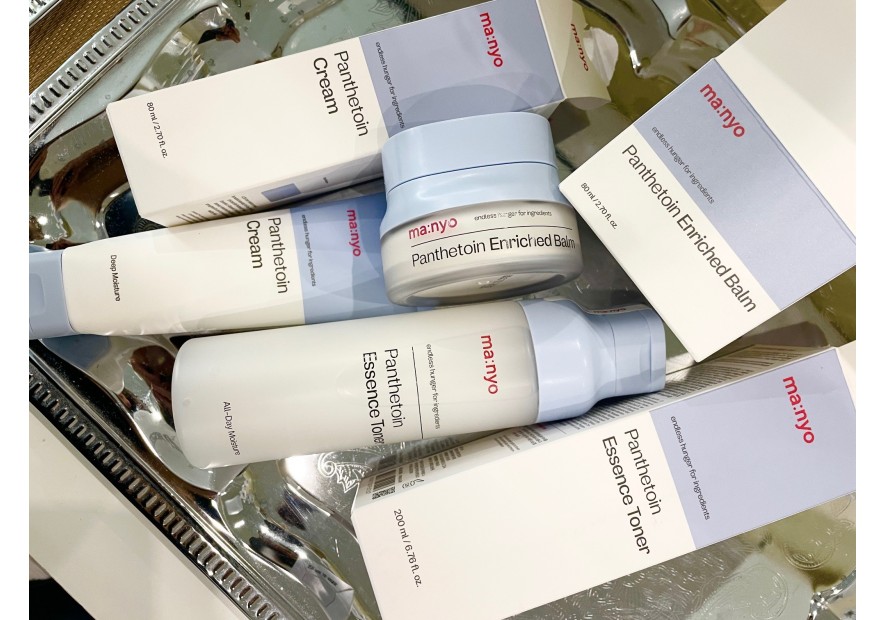
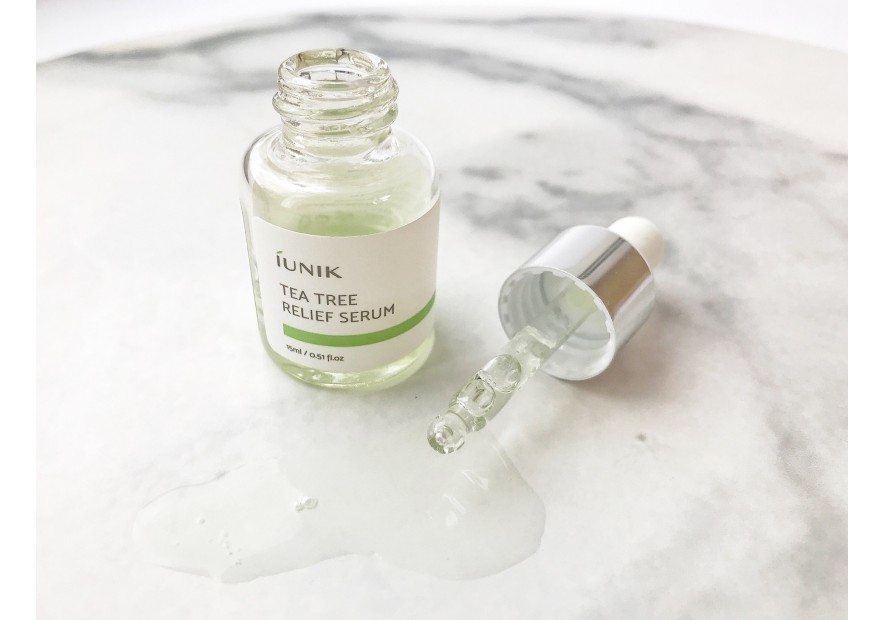
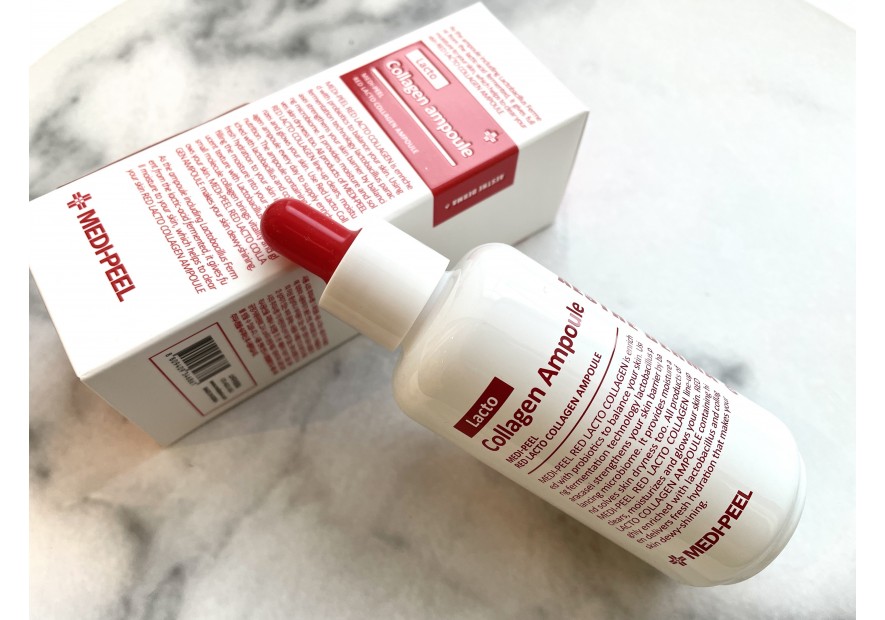
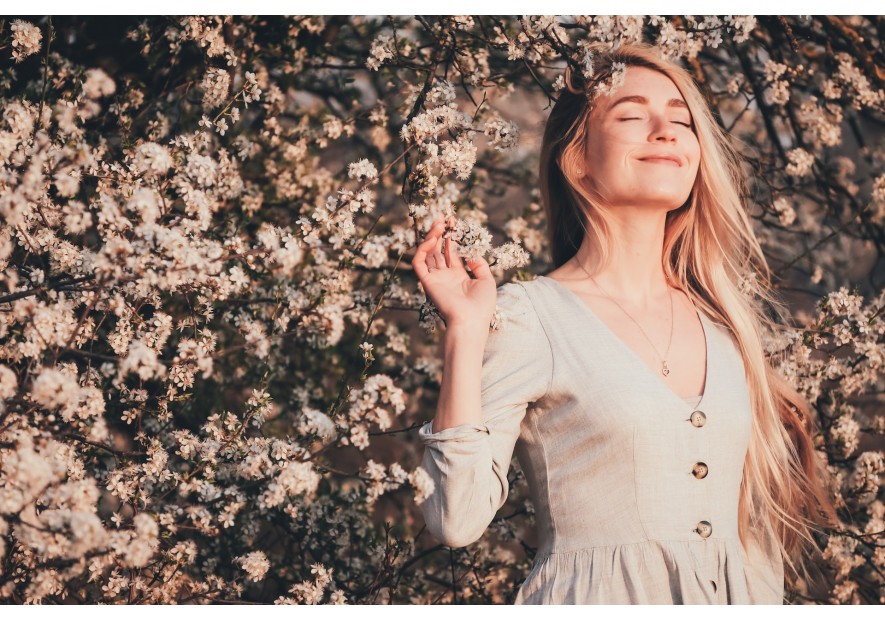
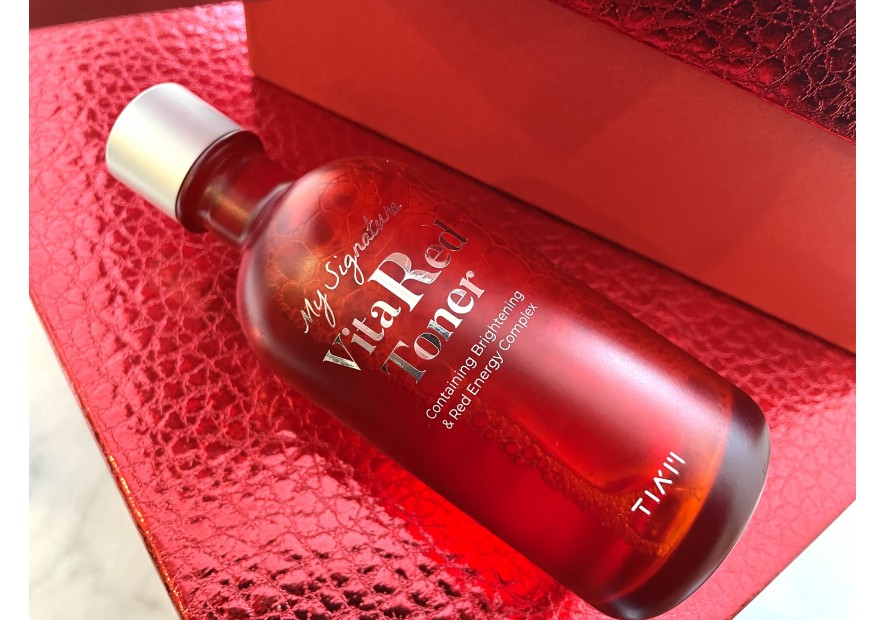
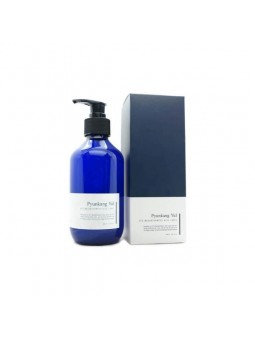
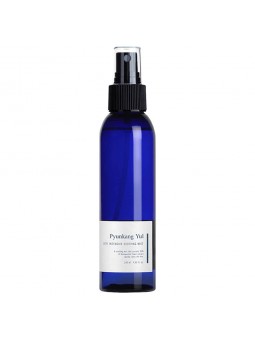
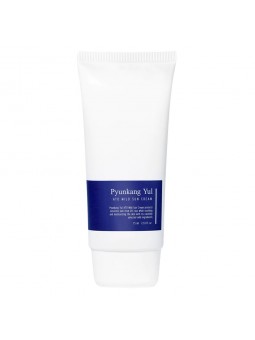
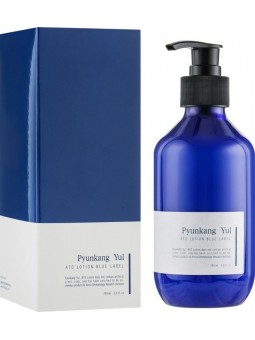
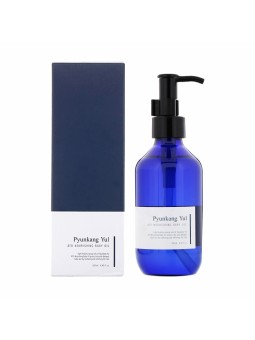
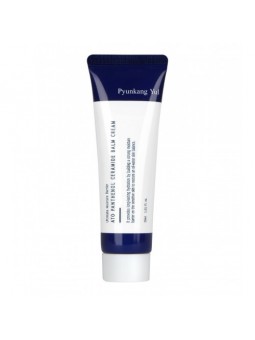
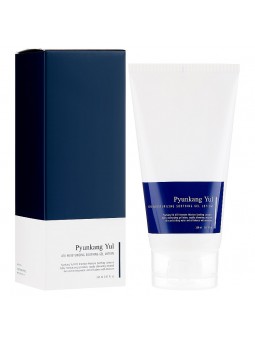
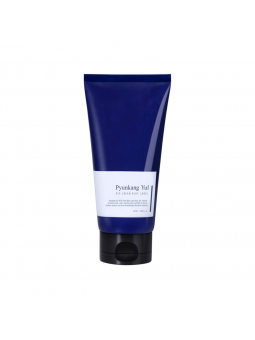
Leave a comment